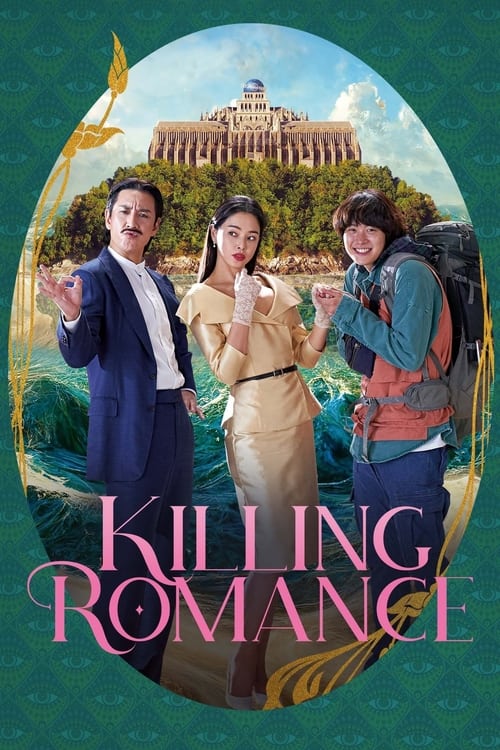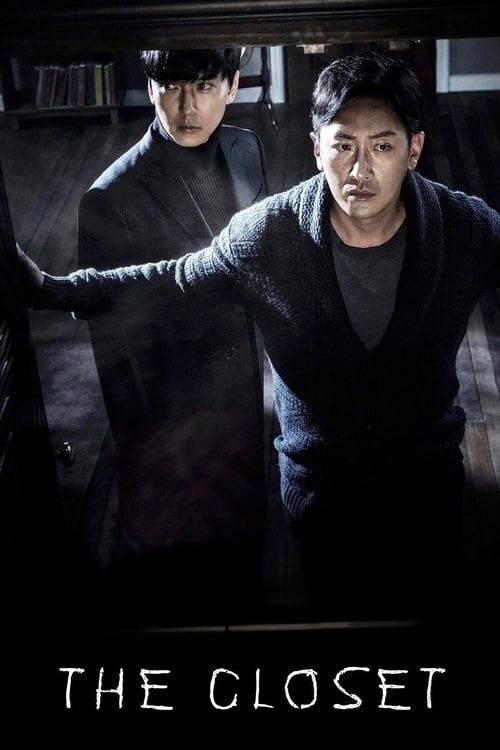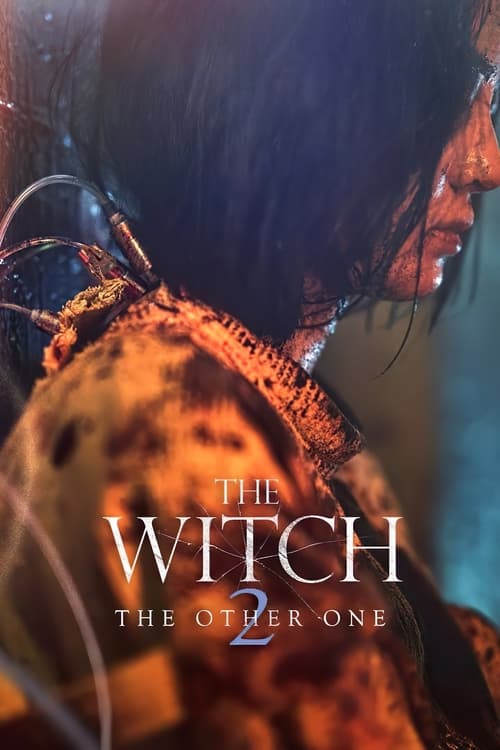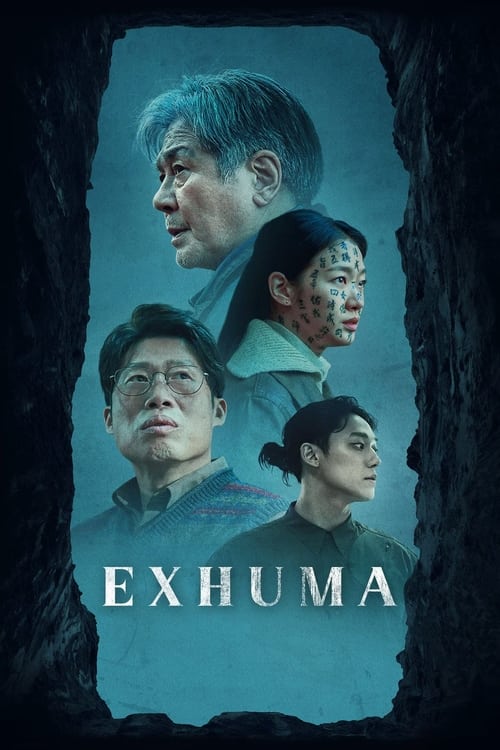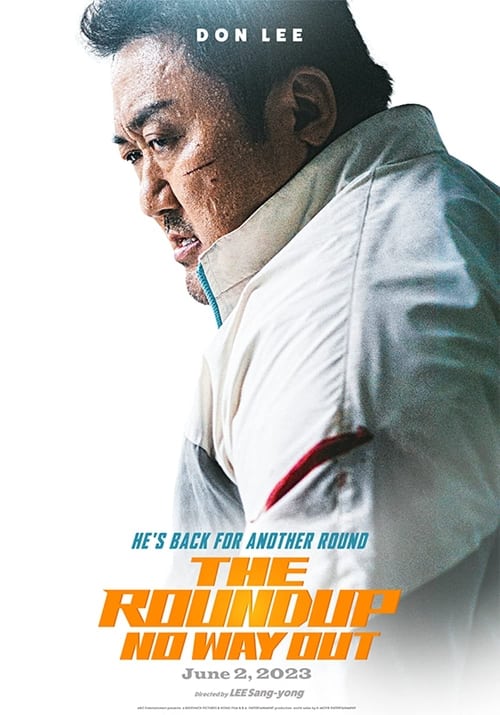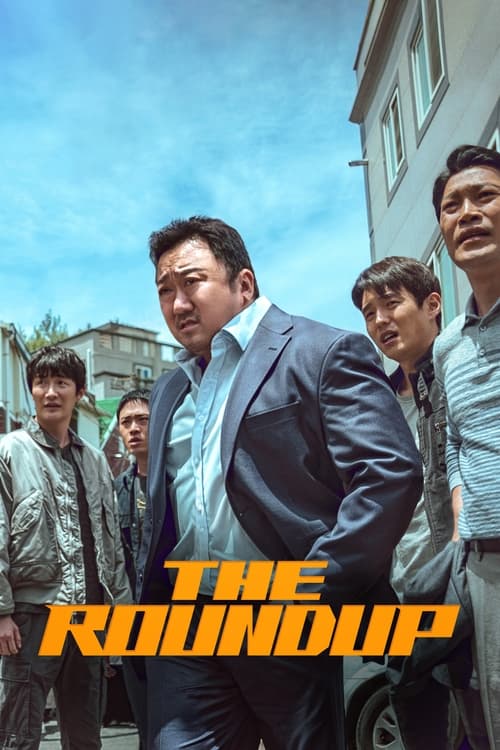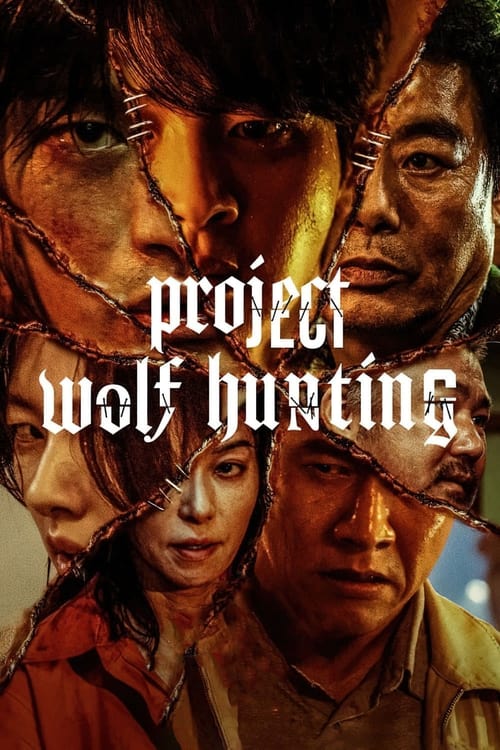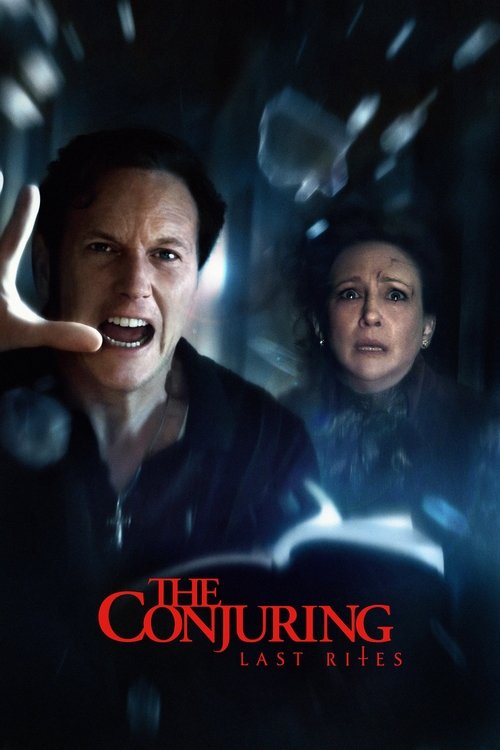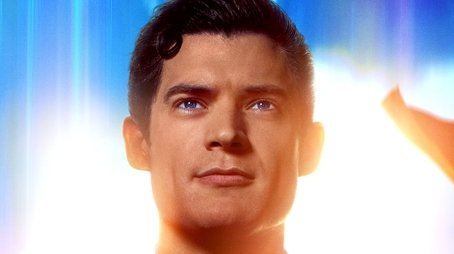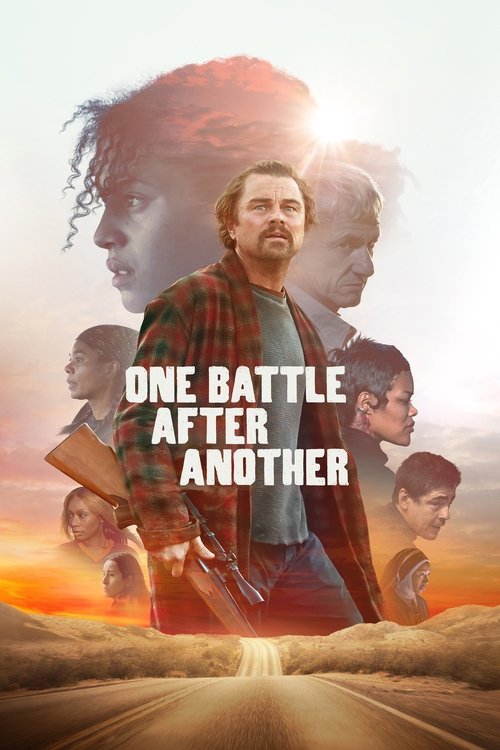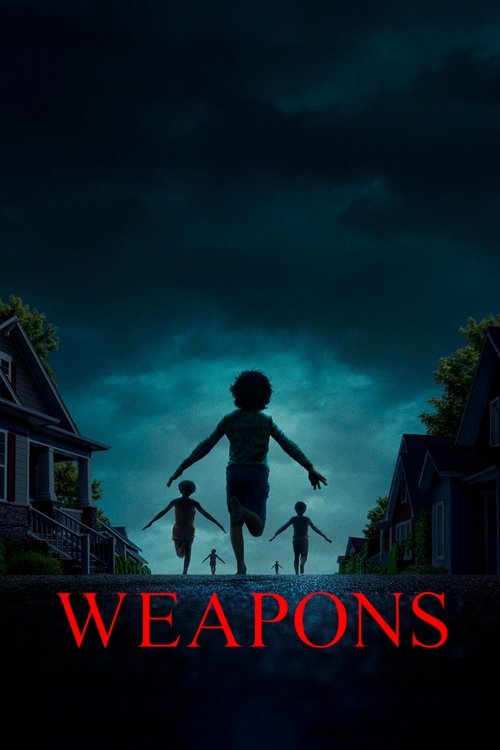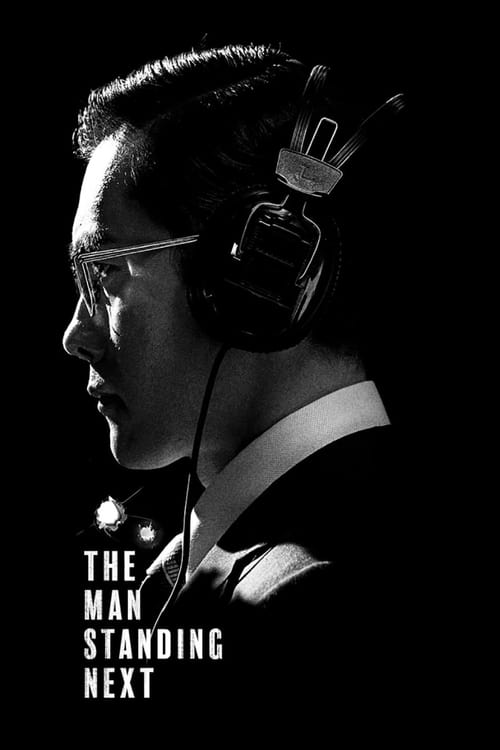
Ask Your Own Question
What is the plot?
Hwa Yeo-rae opens the story as a household name in South Korea, having become famous through a series of soda commercials and other gadget advertisements. She moves from advertising into film, and several of her pictures do well at the box office. Her public persona includes a distinctive, oft-repeated catchphrase that once endeared her to audiences. After the critical and popular failure of her most recent movie, however, viewers ridicule her performance and her signature line. Shaken by the backlash, Yeo-rae leaves Seoul and retreats to the fictional tropical resort island of Qualla.
On Qualla, she meets Jonathan Na, a charismatic real estate developer whose smooth talk and grandiose plans charm her. Jonathan courts Yeo-rae, they fall in love quickly, and they marry. The newlywed pair return to Seoul to resume a public life, but Jonathan soon reveals a controlling, status-conscious temperament behind his polished exterior. He cultivates a series of affectations--wearing a succession of pre-styled false mustaches and repeating his own booming slogan, "It's Goooood!"--that grate on Yeo-rae. Jonathan's obsession with appearances and social standing creates a domestic environment in which Yeo-rae grows withdrawn and depressed. She withdraws from acting and announces a retirement from the public eye.
Among the small number of loyal supporters who remain, Yeo-rae's next-door neighbor, Beom-woo, stands out. Beom-woo is an uninspired teenager who has failed his college entrance exams three times. He keeps a quiet devotion to Yeo-rae, learning a fan-made theme song dedicated to the actress. After a chance meeting with Yeo-rae, Beom-woo offers to help her with a darker plan: to kill Jonathan. The two begin to communicate in secret about methods to end Jonathan's life.
They test multiple schemes and discard several before settling on a course of action. They consider inducing a fatal allergic reaction, setting up a fatal car crash, and inflicting a lethal paper-plane injury, but each of those plans is abandoned in turn. Ultimately they converge on a plot that exploits Jonathan's vanity and physical endurance. Yeo-rae invites her husband to a jjimjilbang, a public sauna complex, and she and Beom-woo scheme to push him to sweat himself into death. They involve the owner of the jjimjilbang in their design; the owner plays a part in coercing Jonathan into a prolonged sauna session under the guise of male bonding and relaxation.
At the jjimjilbang, Yeo-rae goads Jonathan into remaining in high-heat rooms, challenging his stamina and urging him to outlast his own comfort. Beom-woo and the sauna owner watch as Jonathan persists, coughing and strained but driven by pride and the desire to prove himself. The plan appears to work: Jonathan begins to falter and his condition becomes precarious. At the last crucial moment, however, Beom-woo cannot complete the murder. Overcome by hesitation or conscience, Beom-woo intervenes and rescues Jonathan, pulling him out of the sauna and halting the attempt. Jonathan survives the episode. He expresses gratitude to the teenager who has just saved him; unaware of Beom-woo's complicity in the scheme to kill him, Jonathan extends friendship to the young man and invites him to dinner at his home.
While Jonathan believes Beom-woo to be nothing more than a helpful neighbor or admirer, Yeo-rae prepares another murder attempt that returns to an earlier idea: the staged allergy attack. She arranges circumstances intended to provoke a fatal allergic reaction in Jonathan. The attempt fails; the trigger does not produce the anticipated outcome and Jonathan lives through the incident. The failed attempt leaves Yeo-rae anguished. She tells Beom-woo farewell in tears, announcing that she will move permanently back to Qualla with Jonathan, where he is constructing a new theme park and pursuing an ambitious development project. The park's construction on Qualla is a major endeavor for Jonathan; it also leads to ecological consequences on the island, where a population of ostriches loses much of its habitat to the building site.
Consumed by guilt for both the plot he helped conceive and the fact that Yeo-rae plans to leave him behind, Beom-woo resolves to travel to Qualla to rescue her. He boards a plane and arrives on the island with the intention of freeing Yeo-rae from Jonathan's control. When Beom-woo reaches the resort and approaches Yeo-rae, the situation escalates into resistance and constraint rather than liberation. Yeo-rae attempts to escape from Jonathan by leaping off a cliff into the sea, a gesture meant to break the hold he has on her life. She survives the jump but does not achieve freedom; she remains trapped on Qualla, effectively unable to return to Seoul. The construction that Jonathan oversees has destroyed much of the ostriches' natural range, and those birds remain on the island among the cleared land and amusement-park structures.
Back in Seoul, Jonathan and Yeo-rae return to fulfill their promotional obligations for the Qualla theme park's grand opening. The opening becomes a large public event featuring Jonathan's showmanship and a high-profile guest list. Beom-woo, driven by a renewed determination to free Yeo-rae, organizes a small group of friends and supporters to disrupt the event. He recruits the young men to infiltrate the opening and create an opportunity for Yeo-rae to break away from Jonathan's public control.
When Beom-woo's small band attempts to stage the disruption inside the opening ceremony, security personnel respond quickly and exert force to neutralize the breach. Jonathan's private security team moves to detain the intruders and to shield him as he continues with the program onstage. The situation appears to tip in the guards' favor as they corral the demonstrators and maintain a protective perimeter around Jonathan and Yeo-rae.
At that critical juncture, a group of Yeo-rae's original fans arrives at the scene. These loyal supporters, who have learned and perform the theme song they composed for her, march toward the stage area and begin to sing Yeo-rae's song in unison. The fans' singing draws attention and creates a momentary distraction; their presence galvanizes bystanders and complicates security's efforts. Their performance interrupts the event's choreography and allows the small group led by Beom-woo to regain momentum in its attempt to reach Yeo-rae.
As the commotion increases and the crowd surges, Jonathan reacts on impulse. He lunges desperately toward Yeo-rae onstage in an effort to control her amid the chaos. At that precise moment, an animal intervenes. One of the ostriches from Qualla, which has followed or been brought to the promotional event region as a publicity stunt or through the chain of events connecting island construction to the park, attacks. The bird rushes at Jonathan in a swift, aggressive move. It grabs Jonathan with its beak or otherwise seizes him physically and carries him away from the area, lifting or dragging him off as the crowd watches. Jonathan disappears from the opening site as an ostrich removes him from the scene.
Following this incident, Yeo-rae's public image shifts. Freed in the immediate sense from Jonathan's physical proximity, she begins to reappear in public media. She tentatively returns to acting, taking up new work and reengaging with an audience that rallies around her. The fan base that supported her during her retirement grows visible again, and they continue to perform the theme song that aided her during the park opening disturbance.
No on-screen human deaths are confirmed in these events. The planned murders--at the jjimjilbang, via anaphylaxis, by vehicular crash, and through a paper-plane injury--do not lead to fatalities. Jonathan survives the sauna ordeal because Beom-woo rescues him, and Jonathan lives through the failed allergy attempt. The narrative offers no explicit depiction of Jonathan's death; instead, he is removed from the final public confrontation by the ostrich's physical intervention.
After the main credits, a short scene follows. Jonathan is alive but in distress; he floats in the open ocean, sunburnt and dehydrated, and calls out hopelessly for his bodyguard. The post-credits moment shows him isolated in the water, separated from any rescue, continuing to call for the man who is no longer within reach.
The story concludes with Yeo-rae back in public life and Jonathan unaccounted for on land, last seen being carried off from the park opening by an ostrich and later shown adrift at sea, while Beom-woo returns to Seoul after his failed attempt to rescue Yeo-rae on Qualla and after playing a decisive, if conflicted, role in saving Jonathan's life once before.
What is the ending?
At the end of Killing Romance (2023), Yeo-rae and her superfan Beom-woo successfully confront Jonathan during a promotional event in Seoul. Jonathan is dramatically carried off by a vengeful ostrich that has followed him from the island, effectively removing him from Yeo-rae's life. Yeo-rae then makes a semi-successful return to acting, supported by her loyal fan club, while Jonathan is left stranded and calling for help in the ocean in a post-credits scene.
The ending unfolds as follows:
After years of a toxic and abusive marriage, Yeo-rae and Jonathan return to Seoul to promote Jonathan's new theme park on the island of Qualla. Yeo-rae's devoted superfan, Beom-woo, inspired by the advertising for the event, rallies a group of friends to help Yeo-rae escape her gilded cage by confronting Jonathan at the event.
As the group arrives, Jonathan and his security team initially appear to have the upper hand, maintaining control over the situation. However, the tide turns when a small group of Yeo-rae's loyal fans arrives, singing her theme song, which energizes and supports her cause.
In a climactic moment, Jonathan attempts a desperate move to reach Yeo-rae, but a vengeful ostrich--an unusual and surreal element that has followed Jonathan from the island--intervenes. The ostrich swoops in and carries Jonathan off, removing him from the scene and symbolically freeing Yeo-rae from his control.
Following this dramatic rescue, Yeo-rae begins a semi-successful return to her acting career, buoyed by the enthusiastic support of her fan club, including Beom-woo, who remains by her side.
The film closes with a post-credits scene showing Jonathan stranded in the middle of the ocean, sunburnt and dehydrated, calling hopelessly for his bodyguard, emphasizing his fall from power and isolation.
Fates of the main characters at the end:
- Yeo-rae: Freed from her abusive marriage, she restarts her acting career with the support of her fans.
- Jonathan: Removed from power and control, he is left stranded at sea, helpless and alone.
- Beom-woo: Continues to support Yeo-rae, having played a key role in orchestrating Jonathan's downfall.
This ending combines absurdist comedy with dramatic resolution, using surreal elements like the ostrich to punctuate the narrative's blend of genres and tones.
Is there a post-credit scene?
Yes, the 2023 film Killing Romance does have a post-credits scene. In this scene, Jonathan, who is sunburnt and dehydrated, is shown floating hopelessly in the middle of the ocean while calling out for his bodyguard. This scene follows the main story where Jonathan is carried off by a vengeful ostrich after a confrontation at an event promoting a park opening. The post-credits scene emphasizes Jonathan's dire situation and adds a final comedic and absurd touch to the film's conclusion.
How does Hwang Yeo-rae's career decline, and what prompts her to leave Korea?
Hwang Yeo-rae's career declines after starring in a disastrous sci-fi movie that flops at the box office. She is ridiculed by the media, which prompts her to leave Korea in disgrace and find refuge on a remote island called Qualla.
What is the nature of Jonathan Na's character, and how does he treat Yeo-rae?
Jonathan Na is portrayed as an egomaniacal and abusive tycoon. Initially, he charms Yeo-rae with his wealth and charm, but after they marry and return to Korea, he reveals his true nature by controlling and imprisoning her, not allowing her to leave the house without his permission.
Who is Kim Beom-woo, and what role does he play in Yeo-rae's life?
Kim Beom-woo is a studious young man and a huge fan of Yeo-rae. He becomes her neighbor and, upon learning about her abusive marriage, offers to help her by conspiring to kill Jonathan and free her from her toxic relationship.
What is the significance of the ostrich in the story?
The ostrich plays a pivotal role in the climax of the story. It follows Jonathan from the island and intervenes during a confrontation, carrying him off. This event is crucial in Yeo-rae's eventual escape from her abusive husband.
How does Yeo-rae's fan club influence the plot?
Yeo-rae's fan club plays a significant role when they arrive at the event promoting Jonathan's theme park. They sing Yeo-rae's theme song, which helps turn the tide in her favor and aids in her escape from Jonathan's control.
Is this family friendly?
Killing Romance (2023) is not family friendly and contains content that may be upsetting or inappropriate for children and sensitive viewers.
Potentially objectionable or upsetting aspects include:
- Domestic abuse themes portrayed in a way that can be uncomfortable or disturbing, though sometimes presented with dark comedy.
- Violence and murder attempts, including some cartoonish slapstick violence and a few scenes of attempted murder, but not extreme gore.
- Strong language and profanity used frequently throughout the film.
- Dark and intense moments that can be unsettling, including threats and some disturbing scenes, though often offset by absurd or comedic tones.
- Sexual content is minimal or absent, but the film deals with mature themes.
- The overall tone is bizarre, absurd, and stylistically quirky, which might be confusing or off-putting for younger or sensitive viewers.
In summary, Killing Romance is a dark comedy with mature themes, violence, and strong language, making it unsuitable for children or those sensitive to abuse and violent content. It is better suited for adult audiences who appreciate absurdist humor mixed with serious topics.

